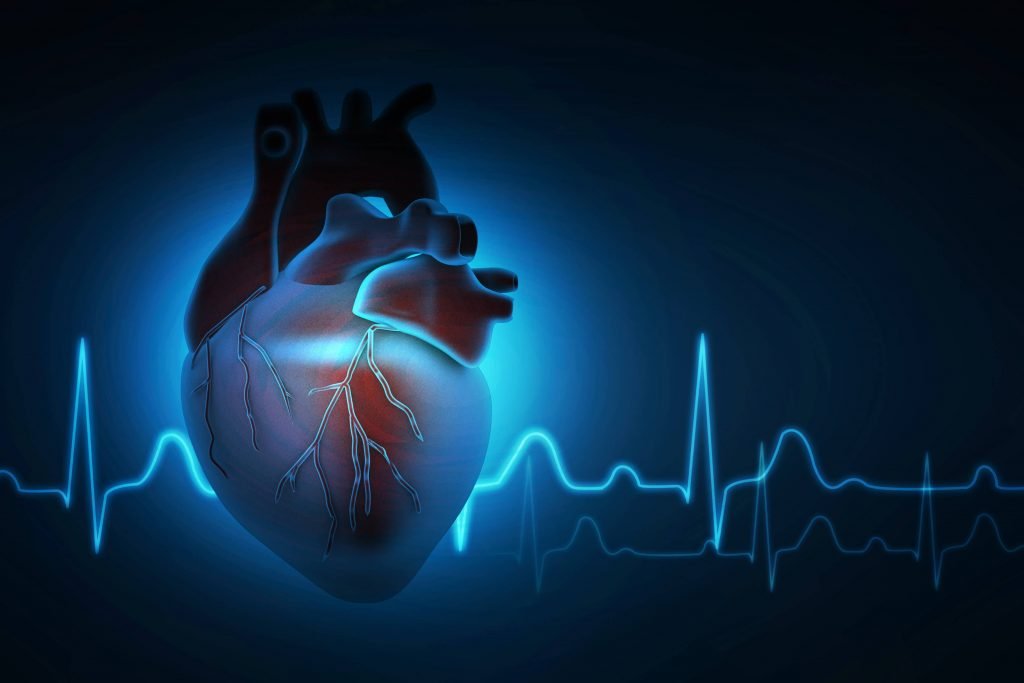
Fortis Escorts Heart Institute and Research Centre Ltd, Okhla Rd, near Sukhdev Vihar Metro Station, Canal Colony, Okhla, New Delhi, Delhi 110025

There are several types of heart arrhythmias, each with its own characteristics and implications for health. Some common types include:
1. Atrial Fibrillation (AFib): This is one of the most prevalent types of arrhythmia, characterised by rapid and irregular beating of the heart's upper chambers (atria). AFib increases the risk of blood clots, stroke, and other complications.
2. Bradycardia: This condition occurs when the heart beats too slowly, usually fewer than 60 beats per minute. While athletes and certain individuals may have naturally slow heart rates, bradycardia can also result from underlying health issues.
3. Tachycardia: Contrary to bradycardia, tachycardia is characterised by a heart rate that is too fast, typically exceeding 100 beats per minute. This can be further categorised into supraventricular tachycardia (SVT) and ventricular tachycardia (VT), depending on the origin of the rapid heartbeat.
4. Premature Contractions: These are extra, abnormal heartbeats that occur before the next regular heartbeat. While often harmless, frequent premature contractions may warrant medical evaluation.
5. Long QT Syndrome: This rare genetic condition affects the heart's electrical system, leading to irregular heartbeats and an increased risk of fainting, seizures, or sudden cardiac arrest.
Causes and Risk Factors:
Heart arrhythmias can be caused by a variety of factors, including:
- Heart disease, such as coronary artery disease or heart valve disorders
- High blood pressure
- Electrolyte imbalances
- Thyroid disorders
- Smoking
- Excessive alcohol or caffeine consumption
- Stress and anxiety
- Certain medications or recreational drugs
- Genetics and family history
Symptoms:
The symptoms of a heart arrhythmia can vary depending on the type and severity of the condition. Common symptoms may include:
- Palpitations (feeling of fluttering or pounding in the chest)
- Dizziness or lightheadedness
- Fainting or near-fainting episodes (syncope)
- Shortness of breath
- Chest pain or discomfort
- Fatigue
- Weakness
Diagnosis and Treatment:
Diagnosing a heart arrhythmia typically involves a combination of medical history review, physical examination, and various diagnostic tests, such as:
- Electrocardiogram (ECG or EKG)
- Holter monitor or event monitor
- Echocardiogram
- Stress test
- Electrophysiology study (EPS)
Treatment for heart arrhythmias aims to restore normal heart rhythm, alleviate symptoms, and reduce the risk of complications.
Treatment options may include:
- Medications to control heart rate or rhythm
- Cardioversion (electrical or chemical)
- Catheter ablation
- Implantable devices, such as pacemakers or implantable cardioverter-defibrillators (ICDs)
- Lifestyle modifications, including dietary changes, exercise, stress management, and smoking cessation
- Surgical interventions in certain cases
Conclusion:
Heart arrhythmias are common yet complex conditions that can significantly impact one's health and quality of life. Understanding the types, causes, symptoms, and treatment options for arrhythmias is essential for proactive management and timely intervention when needed. By working closely with healthcare providers, including the best heart failure doctor in Okhla, and adopting heart-healthy habits, individuals can better manage their heart health and minimise the risks associated with arrhythmias. Remember, your heart's rhythm is the symphony of life – let's keep it beating harmoniously.